Microsoft Stock Drops 5% After Strong Q1 Results Amid Softer Azure Guidance

Microsoft (NASDAQ:MSFT) reported fiscal first-quarter results that exceeded Wall Street expectations, driven by solid performance in its cloud segment, Azure. However, shares dropped over 5% intra-day on Thursday due to softer guidance for Azure growth in the upcoming quarter.
For Q1, Microsoft posted earnings per share of $3.30 on $40.59 billion in revenue, compared to the Street forecasts of $5.21 EPS on $40.18 billion in revenue. Azure saw a 33% growth, slightly above the expected 32%, but CFO Amy Hood indicated a projected slowdown in Azure’s growth to between 31% and 32% for Q2, which weighed on investor sentiment.
AI services played a key role in Azure’s growth, contributing 12 percentage points, compared to 11 points last quarter, adding an estimated $1.5 billion in quarterly revenue, according to RBC Capital Markets. However, high capital expenditures, totaling $20 billion, added to concerns.
Barclays analysts expressed caution over near-term growth prospects, noting that AI capacity constraints could limit Azure’s growth acceleration. They suggested that while re-acceleration may materialize in the second half of the fiscal year, the real impact will only be evident with Q3 results in April 2025, creating limited near-term excitement for investors.
| Symbol | Price | %chg |
|---|---|---|
| 4338.HK | 1600 | 0 |
| CYBR.JK | 1405 | -2.14 |
| 377300.KS | 52300 | -0.19 |
| MSFT.NE | 37.65 | 0 |
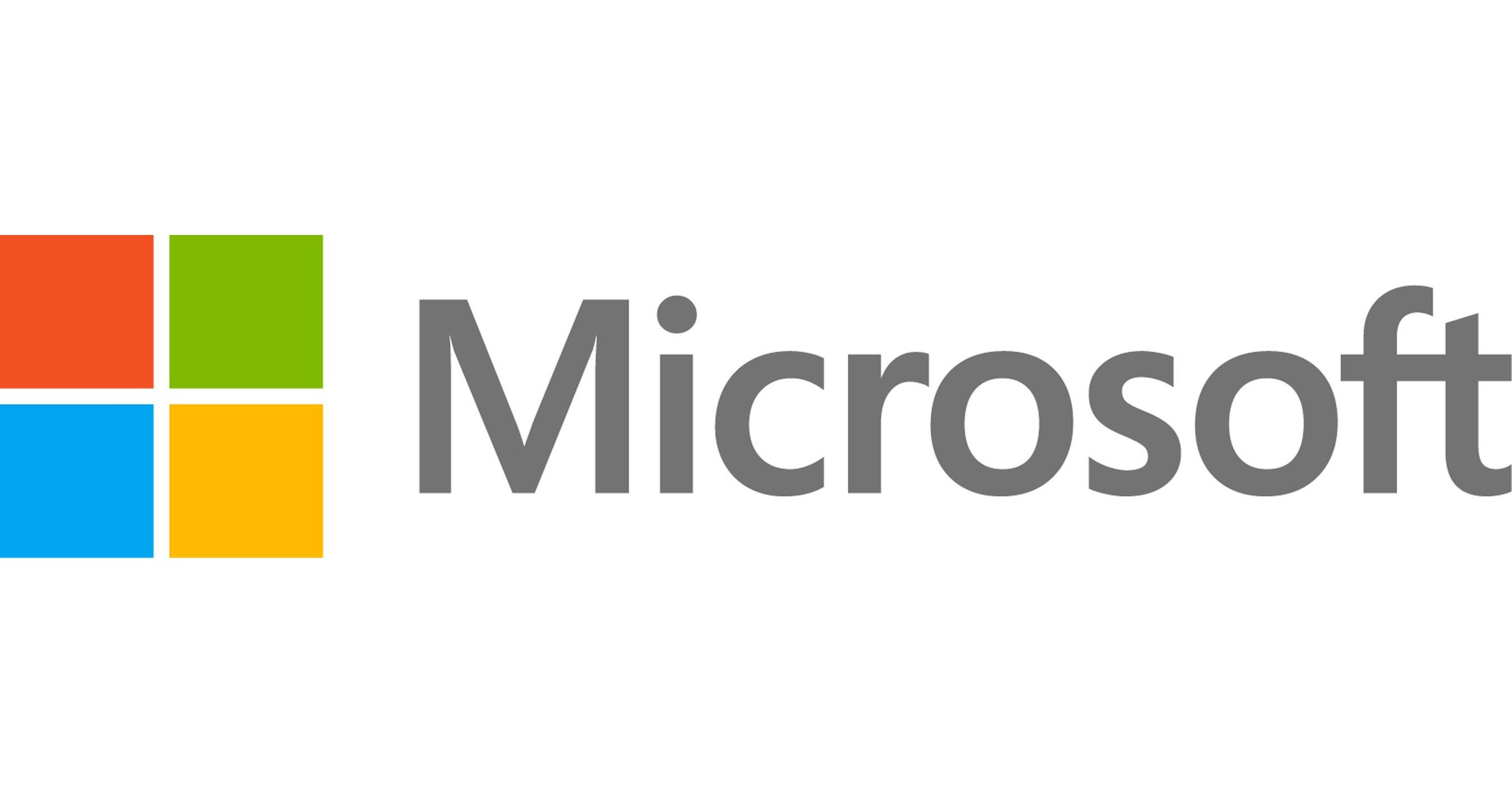
Marjorie Taylor Greene Invests in Microsoft Corp (NASDAQ:MSFT) Amidst Anticipated Revenue Growth
- Marjorie Taylor Greene purchased shares of Microsoft Corp (NASDAQ:MSFT), with the transaction amount ranging between $1,001 and $15,000.
- Microsoft is expected to announce a 15% increase in total revenue for its fiscal first quarter, with its Azure cloud business projected to grow by 37%.
- The company's market valuation has reached $4 trillion, bolstered by a new partnership with OpenAI, ahead of its earnings report.
On October 24, 2025, Marjorie Taylor Greene, a representative from Georgia's 14th district, made a purchase of Microsoft Corp (NASDAQ:MSFT) shares, with the transaction amount ranging between $1,001 and $15,000. Microsoft, a leading technology company, is known for its software products, cloud services, and hardware. It competes with other tech giants like Amazon, Apple, and Alphabet.
Microsoft is set to announce its fiscal first-quarter results, with analysts expecting a 15% increase in total revenue. The Azure cloud business, a key growth driver, is projected to grow by 37%. In the previous quarter, Azure and other cloud services generated over $75 billion in revenue, marking a 34% increase from the previous year.
The company's total revenue for the quarter is expected to rise from $65.6 billion a year ago. Analysts are closely watching Microsoft's capital expenditures, as the company plans to spend $30 billion on expanding its infrastructure to meet the growing demand for AI. This investment highlights Microsoft's commitment to staying at the forefront of technological advancements.
Microsoft's market valuation has reached $4 trillion, supported by a new partnership with OpenAI. This strategic alliance addresses significant questions about Microsoft's business strategy and could influence its future growth and innovation. The collaboration comes just before Microsoft's earnings report, adding to the anticipation surrounding the company's performance.
The current stock price of Microsoft is $539.33, reflecting a decrease of $2.74 or approximately -0.51%. The stock has fluctuated between a low of $536.71 and a high of $546.27 during the trading day. Over the past year, Microsoft's stock has reached a high of $555.45 and a low of $344.79, with a market capitalization of approximately $4 trillion.
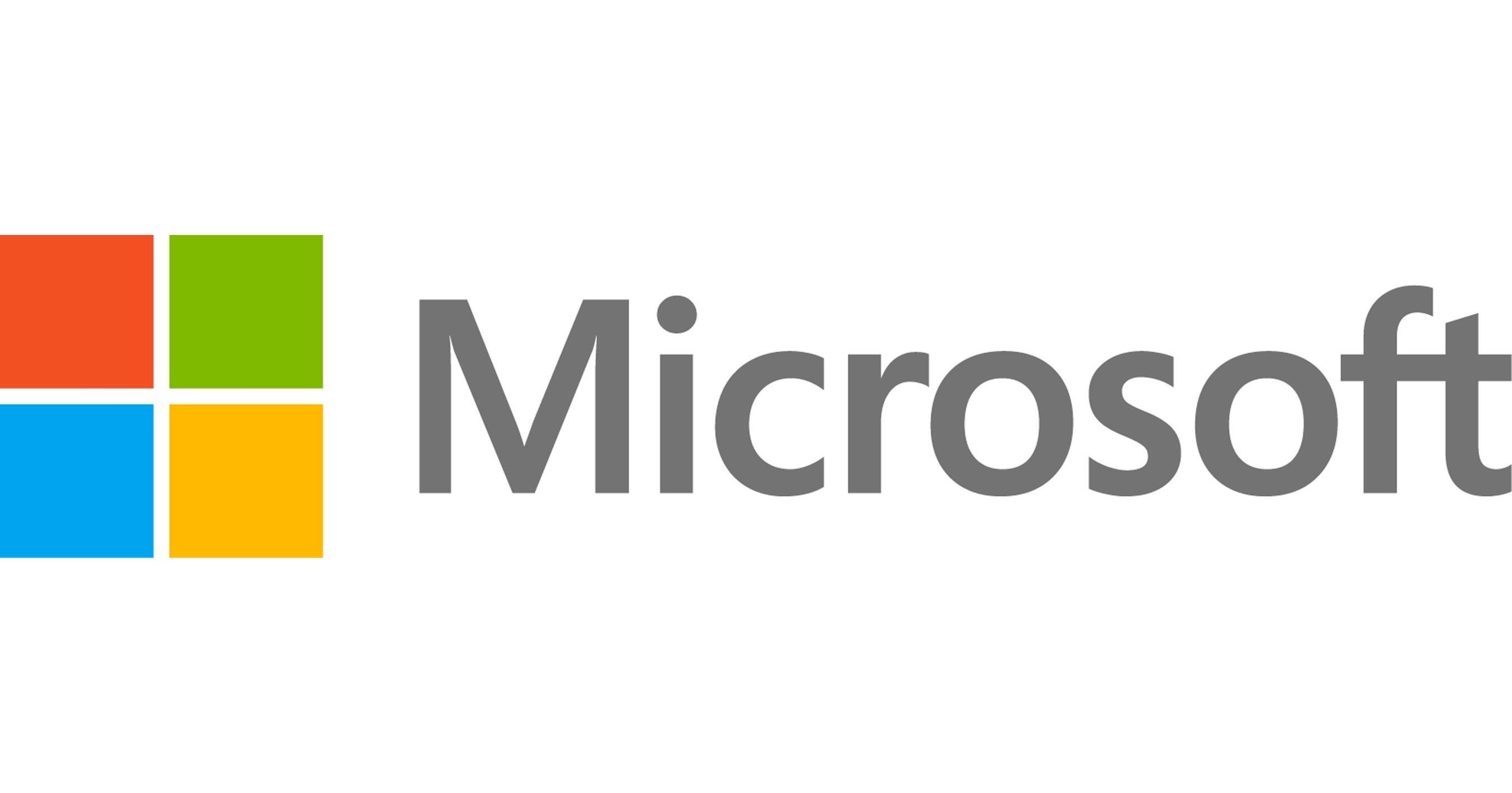
Microsoft Corporation's Upcoming Earnings and Strategic Developments
- Microsoft Corporation (NASDAQ:MSFT) is set to release its quarterly earnings with an estimated EPS of $3.65 and projected revenue of $75.39 billion.
- The resolution of a dispute with OpenAI and a 37% revenue increase in Azure cloud platform are key drivers of growth.
- Microsoft's financial health remains strong with a P/E ratio of 39.57 and a debt-to-equity ratio of 0.18.
Microsoft Corporation, listed on the NASDAQ as MSFT, is a global technology leader known for its software products, cloud services, and hardware. The company is set to release its quarterly earnings on October 29, 2025, with Wall Street analysts estimating an earnings per share (EPS) of $3.65 and projected revenue of approximately $75.39 billion.
A recent resolution of a significant dispute with OpenAI, as highlighted by the completion of OpenAI's restructuring, may positively influence investor sentiment. This development comes just before Microsoft's earnings report, potentially boosting confidence in the company's strategic direction and financial health.
Microsoft's Azure cloud platform is expected to drive significant growth, with the company anticipating a 37% revenue increase in constant currency for the quarter. This highlights Azure's role in Microsoft's AI transformation strategy, supported by a $30 billion investment in AI infrastructure to meet rising enterprise demand.
The adoption of Copilot, enhanced by new GPT-5 features and expanded integration with Microsoft 365, further strengthens Microsoft's Intelligent Cloud segment. This positions the segment as a central element of the company's growth and AI strategy, potentially impacting future earnings positively.
Financially, Microsoft maintains a strong position with a price-to-earnings (P/E) ratio of 39.57 and a price-to-sales ratio of 14.30. The company's enterprise value to sales ratio is 14.41, and its enterprise value to operating cash flow ratio is 29.81. With a debt-to-equity ratio of 0.18 and a current ratio of 1.35, Microsoft demonstrates a solid balance sheet and liquidity.
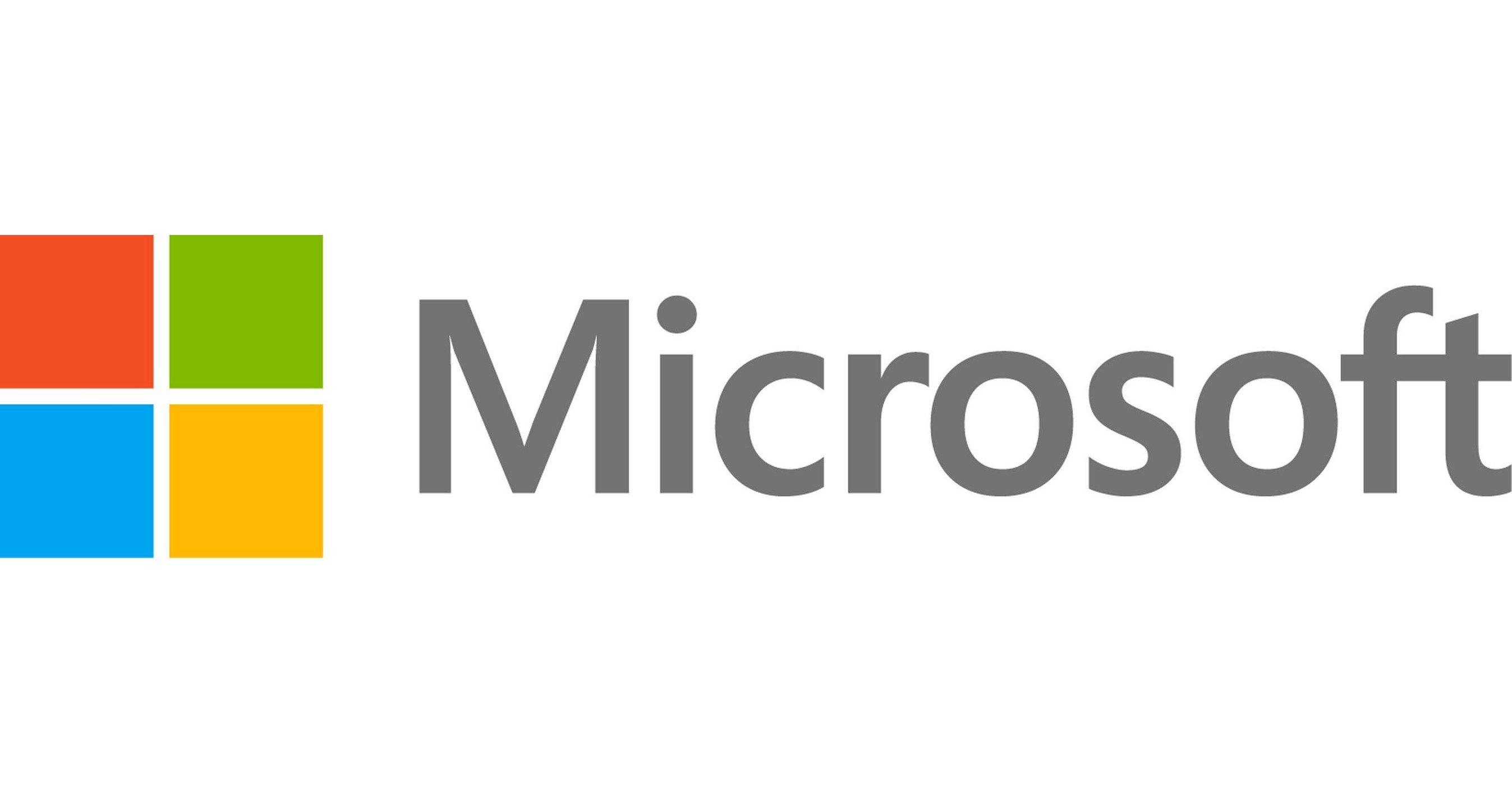
Microsoft Corporation (NASDAQ:MSFT) Continues to Thrive in the Tech Industry
- Goldman Sachs reaffirms its "Buy" rating for Microsoft Corporation (NASDAQ:MSFT), with a current stock price of $542.34.
- Microsoft's acquisition of a 27% stake in OpenAI, valued at $135 billion, enhances its AI capabilities and aligns with long-term strategic goals.
- The company's stock price has seen a positive trend, with a current value of $543.20, reflecting a 2.20% increase and investor confidence in its strategic decisions.
Microsoft Corporation (NASDAQ:MSFT) is a leading technology company known for its software products, cloud services, and hardware. It competes with other tech giants like Apple, Google, and Amazon. On October 28, 2025, Goldman Sachs reaffirmed its "Buy" rating for Microsoft, with the stock priced at $542.34. This decision reflects confidence in Microsoft's strategic moves and market position.
Microsoft's recent acquisition of a 27% stake in OpenAI, valued at approximately $135 billion, highlights its commitment to artificial intelligence. This partnership allows Microsoft access to OpenAI's advanced AI technology until 2032, enhancing its capabilities in the AI sector. This strategic move aligns with Microsoft's long-term goals and strengthens its position in the tech industry.
The stock price of Microsoft has seen a positive trend, currently at $543.20, marking a 2.20% increase. The stock has risen by $11.68 today, with a trading range between $540.77 and $553.72. This upward movement reflects investor confidence in Microsoft's strategic decisions, including its partnership with OpenAI.
Microsoft's market capitalization stands at approximately $4.04 trillion, indicating its significant presence in the market. The trading volume for the day is 19.85 million shares, showing active investor interest. The company's strategic initiatives, such as the OpenAI partnership, are likely contributing to this robust market performance.
The partnership with OpenAI, which values the AI company at $500 billion, is expected to have a substantial impact on both companies. As highlighted by Bloomberg Television, this development is closely watched by Wall Street, indicating its potential influence on Microsoft's future growth and market dynamics.
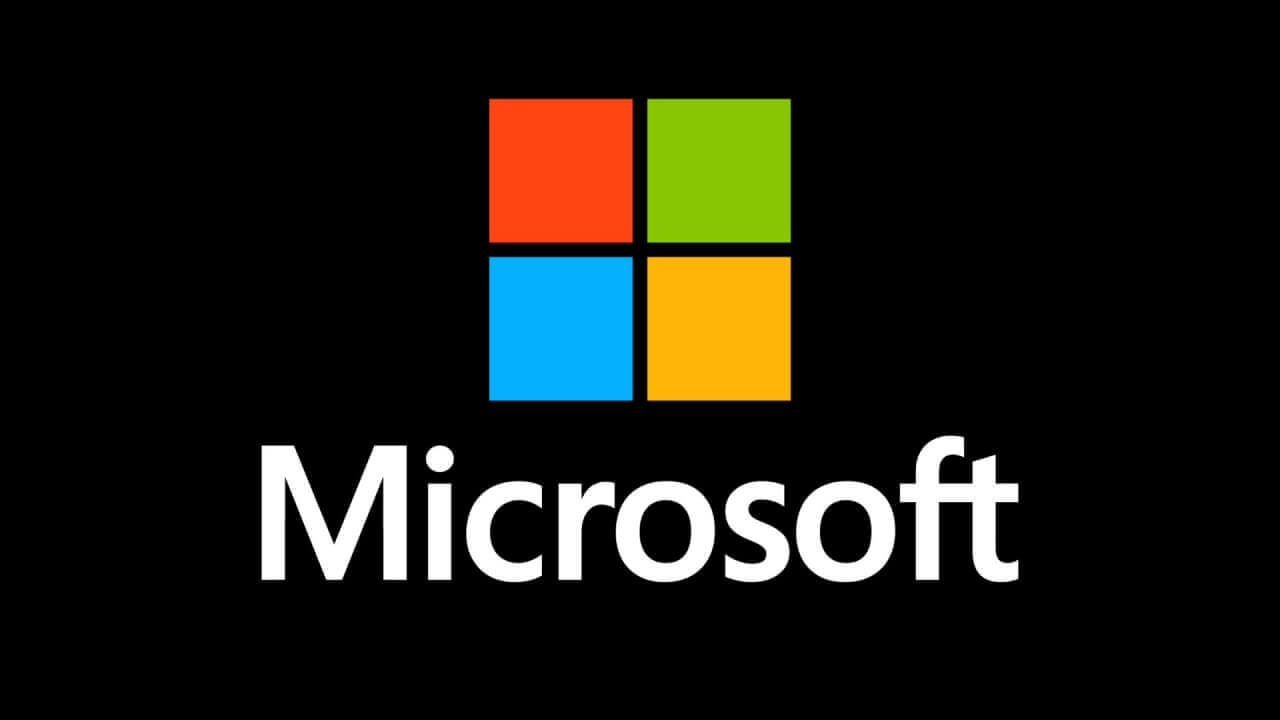
Microsoft Gains As Cloud And AI Boost Revenue, Profit Tops Estimates
Microsoft (NASDAQ:MSFT) shares rose more than 4% Thursday after the tech giant reported fiscal fourth-quarter results that surpassed analyst expectations, led by strong growth in its Azure cloud business.
Azure revenue surged 39% year-over-year, driving total quarterly revenue to $76.4 billion. Net income came in at $27.2 billion, or $3.65 per share, both exceeding Wall Street estimates.
For the full fiscal year, Azure generated more than $75 billion in revenue, representing 34% annual growth. CEO Satya Nadella credited widespread demand for AI-enabled services across all industries for the continued expansion.
Microsoft was praised by analysts for its strong AI momentum. Wedbush’s Daniel Ives called the quarter a “slam-dunk” as cloud and AI adoption drove meaningful business transformation.
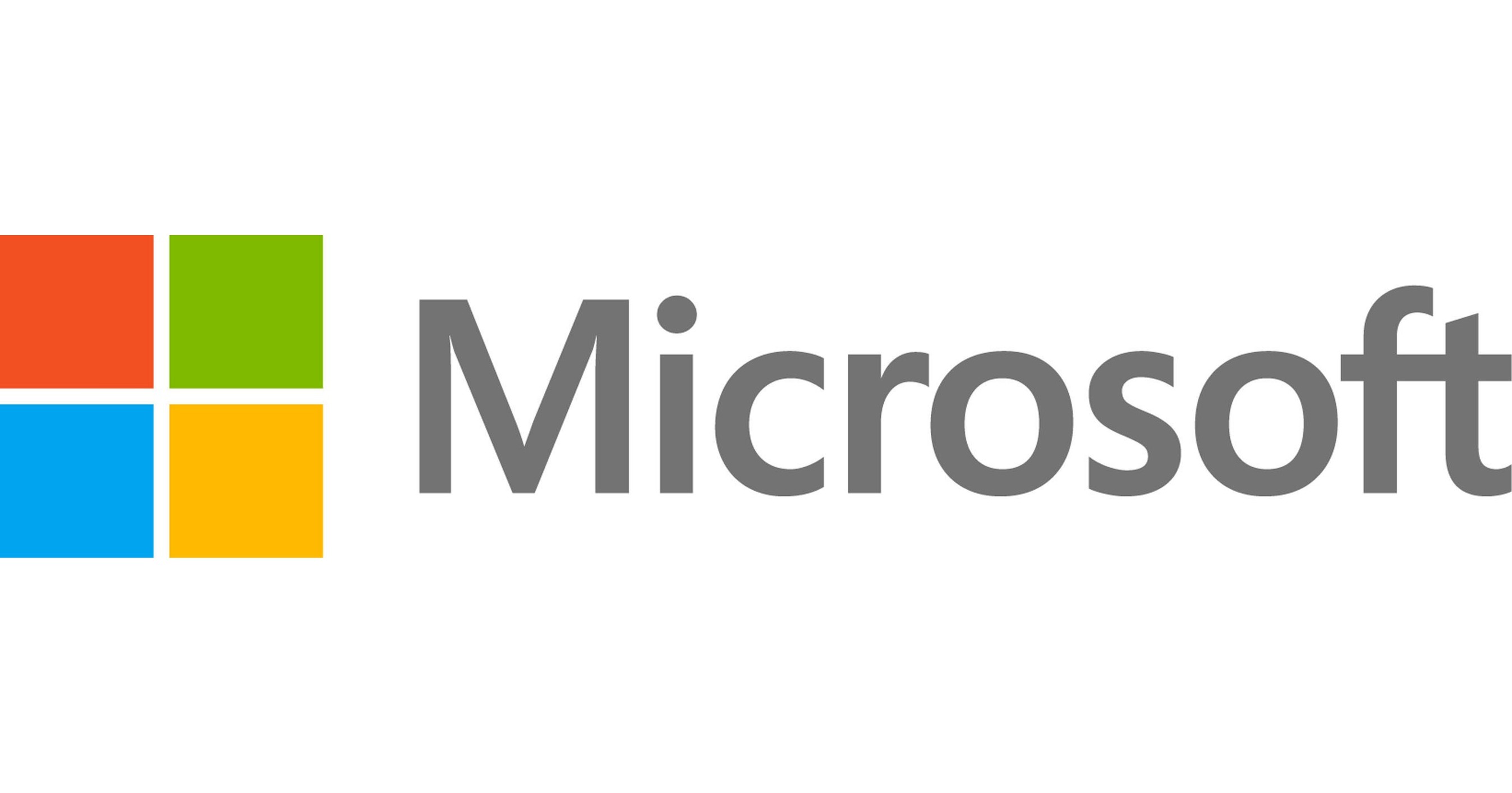
Microsoft Corporation's Commitment to Sustainability and Financial Performance
- Microsoft's collaboration with Carbon Direct to set high-quality carbon dioxide removal criteria by 2025 emphasizes its leadership in environmental sustainability.
- The company's stock has been upgraded to "Outperform" by Oppenheimer, with a current price of $504.08, indicating strong investor confidence.
- Microsoft's market capitalization stands at about $3.75 trillion, showcasing its significant growth and commitment to corporate responsibility.
Microsoft Corporation (NASDAQ:MSFT) is a global technology leader known for its software products, cloud services, and hardware devices. The company is a major player in the tech industry, competing with giants like Apple, Google, and Amazon. Microsoft is also recognized for its commitment to sustainability, aiming to become carbon negative by 2030.
Microsoft's recent collaboration with Carbon Direct to release the 2025 criteria for high-quality carbon dioxide removal highlights its dedication to environmental sustainability. This initiative is part of Microsoft's broader strategy to address climate change and ensure that carbon removal projects meet high standards. By setting these criteria, Microsoft reinforces its leadership in corporate environmental responsibility.
On the financial front, Microsoft's stock has been performing well. As of July 9, 2025, Oppenheimer upgraded Microsoft's stock grade to "Outperform," with the stock price at $500.78. This upgrade, as highlighted by Benzinga, reflects a positive outlook on Microsoft's future performance, aligning with its strong environmental initiatives.
Currently, Microsoft's stock price is $504.08, showing a slight increase of approximately 0.52% or $2.60. The stock has traded between $497.83 and $505.03 today, with a market capitalization of about $3.75 trillion. This performance indicates investor confidence in Microsoft's strategic direction, including its sustainability efforts.
Over the past year, Microsoft's stock has reached a high of $506.78 and a low of $344.79, demonstrating significant growth. The trading volume for the day is 8,684,461 shares on the NASDAQ exchange, reflecting active investor interest. This financial strength supports Microsoft's ongoing commitment to environmental and corporate responsibility.

Microsoft (NASDAQ: MSFT) Receives Bullish Price Target from Oppenheimer
- Oppenheimer analyst Brian Schwartz sets a bullish price target of $600 for Microsoft (NASDAQ: MSFT), suggesting a potential increase of about 19.58%.
- Microsoft's advancements in artificial intelligence (AI) through its Azure platform and Copilot are key drivers behind the optimistic revenue projection of $276 billion.
- The collaboration with Replit to introduce 'Vibe Coding' showcases Microsoft's commitment to expanding its AI capabilities, further attracting investor interest.
On July 9, 2025, Oppenheimer analyst Brian Schwartz set a bullish price target of $600 for Microsoft (NASDAQ: MSFT), which was trading at $501.76 at the time. This target suggests a potential increase of about 19.58%. Schwartz's optimism is rooted in Microsoft's advancements in artificial intelligence (AI), particularly through its Azure platform and innovative solutions like Copilot.
Schwartz upgraded Microsoft's stock rating to "Outperform," highlighting the company's potential to significantly boost revenue through AI. He projects a potential revenue increase of $276 billion as Microsoft leverages its AI capabilities. This projection underscores the belief that Microsoft's AI initiatives, such as Copilot and Azure-deployed partner AI revenue, will drive substantial growth through fiscal year 2030.
Microsoft's collaboration with Replit to introduce 'Vibe Coding' to enterprises further enhances its AI-driven offerings. This initiative allows users to build software without writing code, showcasing Microsoft's commitment to expanding its AI capabilities. Schwartz believes that Microsoft's strong growth in Azure will continue to attract investor interest, as its AI business is not yet fully reflected in the stock price.
The current stock price of Microsoft is $501.73, reflecting a 1.03% increase. The stock has fluctuated between $499.74 and $506.78 today, with the latter marking its highest price over the past year. Microsoft's market capitalization stands at approximately $3.73 trillion, with a trading volume of 11.99 million shares. Schwartz anticipates that Microsoft will be recognized as "one of the long-term AI winners in software," reinforcing the bullish outlook.

Oppenheimer Upgrades Microsoft on Strong Growth Prospects, Shares Up 2%
Microsoft Corporation (NASDAQ:MSFT) shares rose around 2% intra-day today after Oppenheimer upgraded the stock to Outperform and assigned a new price target of $600. The upgrade reflects growing confidence in Microsoft’s position as a long-term leader in AI-powered software and cloud services.
The firm sees Microsoft's rapidly expanding AI revenue stream—especially through Azure—as a key catalyst. With cloud momentum remaining strong, Azure now plays a similar foundational role for Microsoft's valuation as AWS does for Amazon. As this AI-driven business scales further, it’s expected to provide both stability and meaningful upside.
Importantly, Oppenheimer believes the market has yet to fully price in a potential acceleration in Azure growth anticipated by fiscal 2026.Additionally, Microsoft stands out as one of the rare players in the software space capable of delivering the “Rule of 60”—a combination of high revenue growth and profitability—at a scale few can match. This dynamic, in their view, justifies a higher valuation and makes the stock a compelling bet on the future of enterprise AI.







